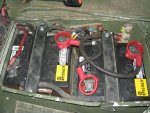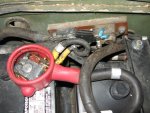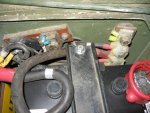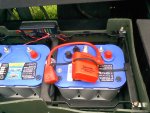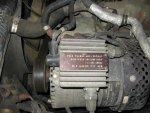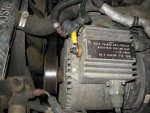LOL! I only know how to answer the first question: A multimeter can usually measure current, by disconnecting the circuit and connecting the meter in series. If you don't know what you're doing, you may blow the fuse in your meter... assuming it's not already blown.

Fluke ( a high-end meter manufacturer) even made a line of meters that lacked the current measurement feature, specifically for electricians who kept blowing them up by using them wrong, as I learned from a Fluke sales representative I used to know. I have a (fancy, expensive) clamp-on AC/DC current probe for my (fancy, expensive) multimeter that doesn't have that weakness, but then I herd electrons for fun and profit.
Radio Shack makes a clamp-on meter that measures DC current, but I don't know if it'll reliably measure low enough currents to detect a leakage problem like yours. And they can be a little tricky to use when measuring small currents, since you need to understand how to zero them out properly. Much easier to show than to explain in text.




